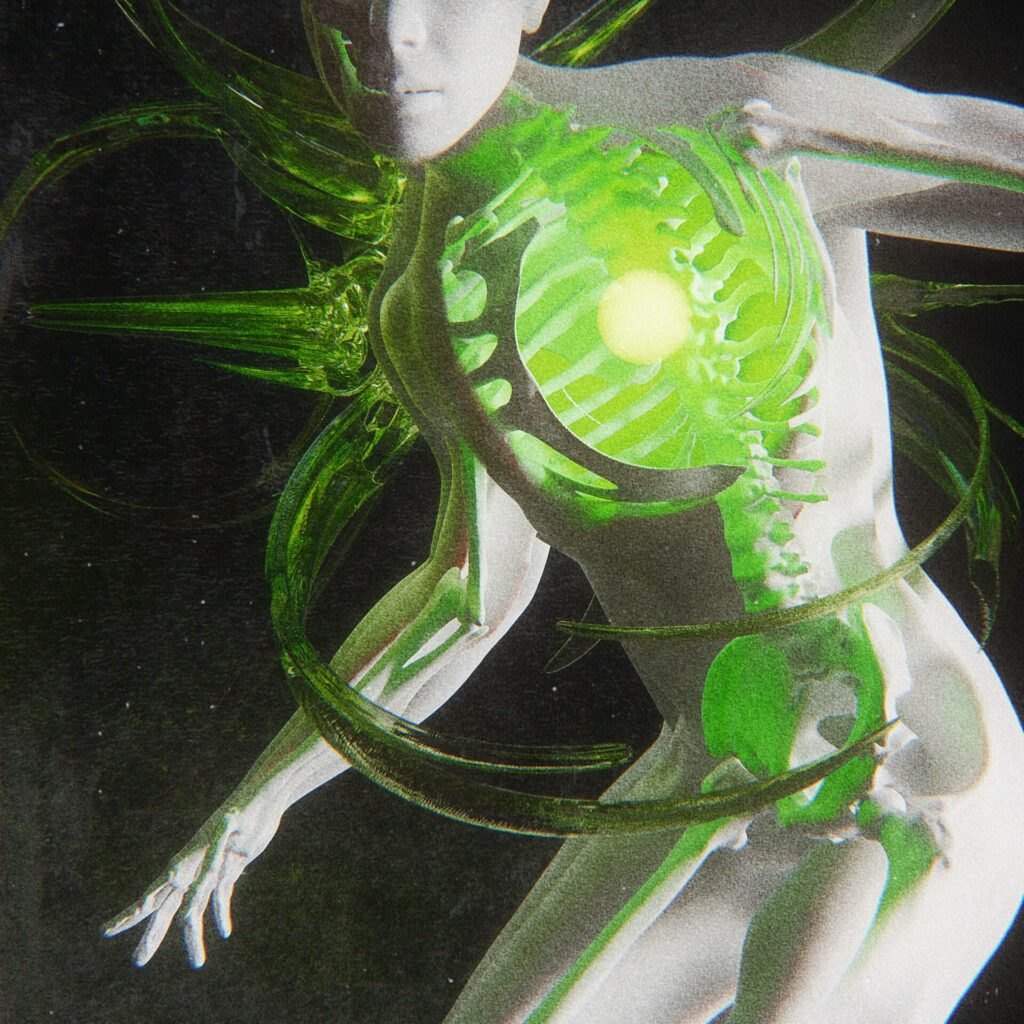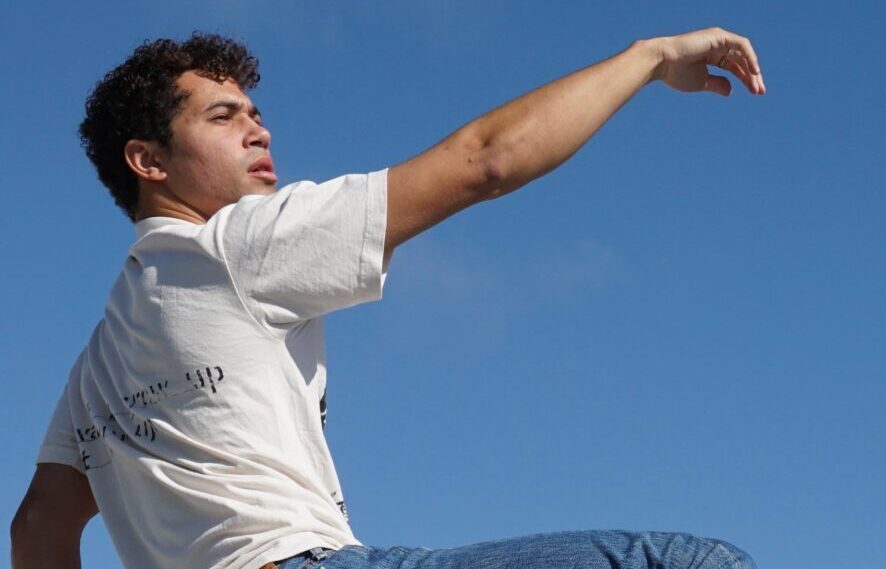I’m excited to present to you Cato, an artist who is making waves in the alternative music scene. Their sound is cutting edge, original, and guaranteed to connect with your audience.
Cato is all about using music to tell stories and finds inspiration in the people, art, and moments of life that surround them. However, their commitment to not only producing their own music but also influencing the sounds of others—such as Nashville’s rising star “Bo Miller”—sets them apart. Check out the exclusive interview below:
1. Can you tell us a bit about where you come from and how it all got started?
CATO: I started out doing music with zero intention and the only direction was the fastest route to having fun. Growing up in Danville CA isn’t the most inspiring place so a lot of my inspiration in terms of songwriting came from the imagination
2. Did you have any formal training or are you self-taught?
CATO: I was a failure when it came to formal training and was dropped by my piano teacher. Since then I’ve been self-taught and realized there’s more to music than the theory and scales.
3. Who were your first and strongest musical influences and why the name ‘CATO?
CATO: I grew up in church and there was a lot of worship music in the house growing up. I still am catching up to the popular music that was listened to in my younger years. But I’ve always loved Michael Jackson and anything Motown. More recently I’ve fallen in love with Dominic Fikes’s writing and instrumentation. The name Cato is a family name, it’s my middle name and originally it was my dad’s first ancestor to willingly go from Africa to the United States.
4. What do you feel are the key elements in your music that should resonate with listeners, and how would you personally describe your sound?
CATO: I try to hide stupidity in my production, I find beauty in the imperfect. I would describe myself as a musical maximalist, I’ll go on rampages when it comes to arranging. I usually find myself sculpting a song out of a pile of junk.
5. For most artists, originality is first preceded by a phase of learning and, often, emulating others. What was this like for you? How would you describe your own development as an artist and music maker, and the transition towards your own style, which is known as POP?
CATO: I started out making brain children, not using any direct inspiration. I learned very quickly the only thing that comes from that is stuff you can play for friends to laugh. I started emulating things that I would hear in other tracks. If I thought I heard a cool bass line or unique drum fill I would try to emulate it and make it fit contextually. Slowly those puzzle pieces started to form in the background and I wouldn’t have to actively listen to add tools to the tool kit.
6. What’s your view on the role and function of music as political, cultural, spiritual, and/or social vehicles – and do you try and affront any of these themes in your work, or are you purely interested in music as an expression of technical artistry, personal narrative, and entertainment?
CATO: I think music has always been a huge voice for activism, Inclusivity, freedom, and peace. But also, a song doesn’t need to be deep to make an impact. I feel like I’ll just make music that comes out of me and if someone finds it impactful in their lives then I’ll be a happy camper for sure.
7. Do you feel that your music is giving you back just as much fulfillment as the amount of work you are putting into it or are you expecting something more, or different in the future?
CATO: Absolutely. I love the whole process of creating music. My expectation only goes as far as my effort and right now I’m loving everything:)
8. Could you describe your creative processes? How do usually start, and go about shaping ideas into a completed song? Do you usually start with a tune, a beat, or a narrative in your head? And do you collaborate with others in this process?
CATO: I usually start with a sound. I hear sounds in my head right before I fall asleep so translating half dream voice memos is a big part of the process. Collaboration for me feels like another tool to harness creativity and a way to sharpen my skills of creative divination.
9. What has been the most difficult thing you’ve had to endure in your life or music career so far?
CATO: Myself. More specifically, I want to get myself to be the catalyst of my dreams.
10. On the contrary, what would you consider a successful, proud or significant point in your life or music career so far?
CATO: I would say the first day of producing ‘Dreamer’. I felt full creative freedom and unleashing a whole song in a day and then getting validated by collaborators … it all felt very surreal
KEEP IN TOUCH:
INSTAGRAM | SPOTIFY | TIKTOK |

